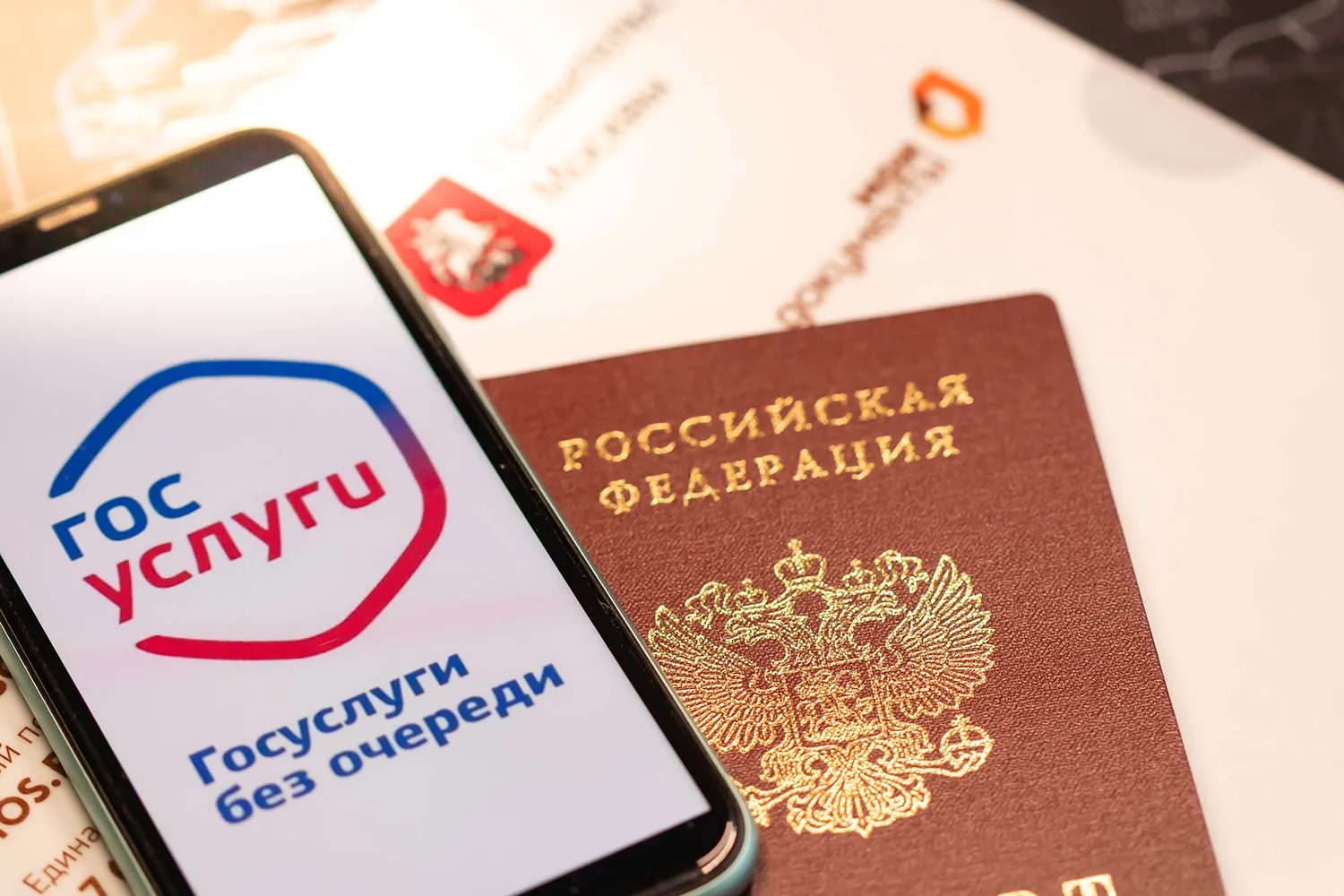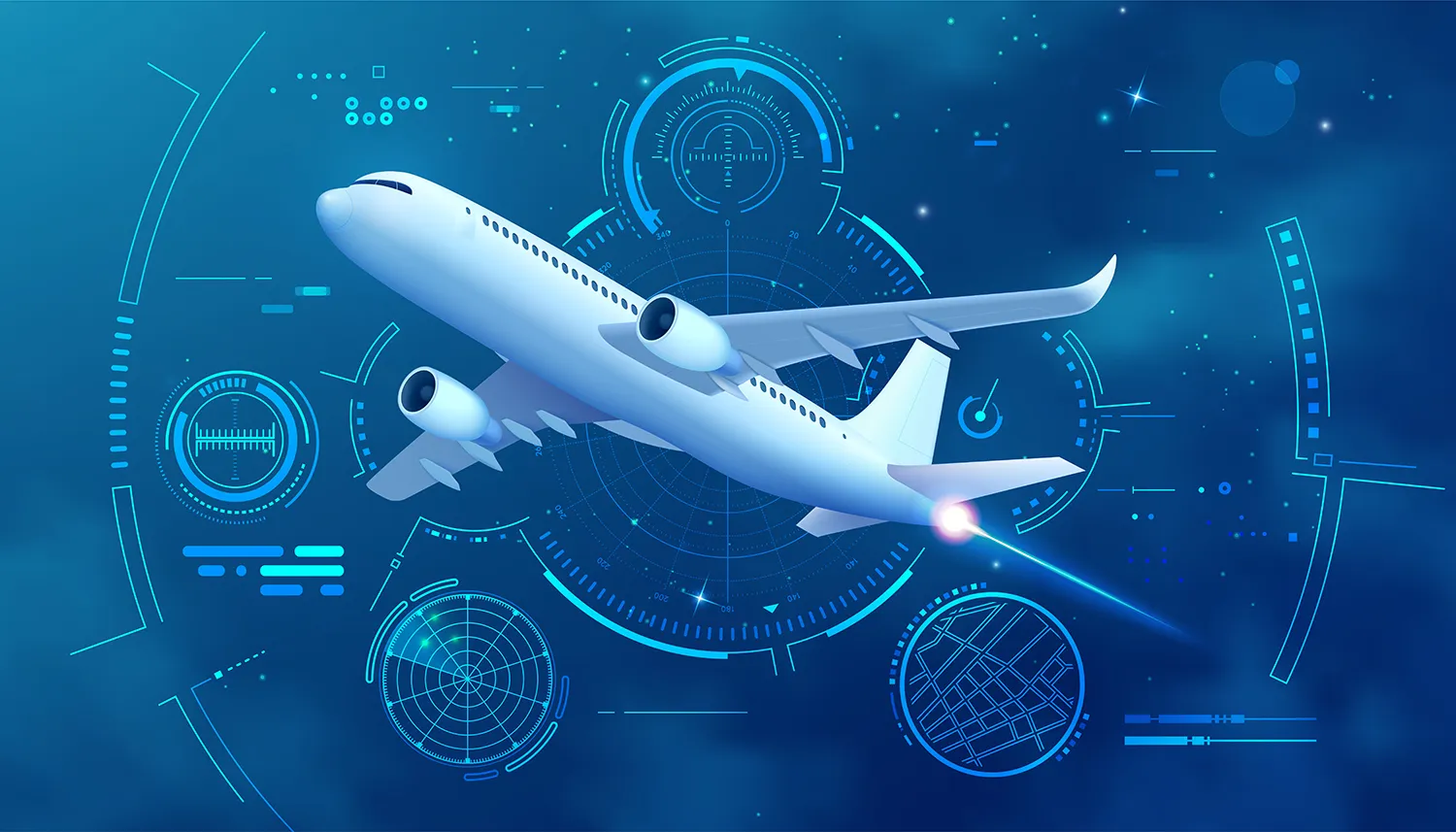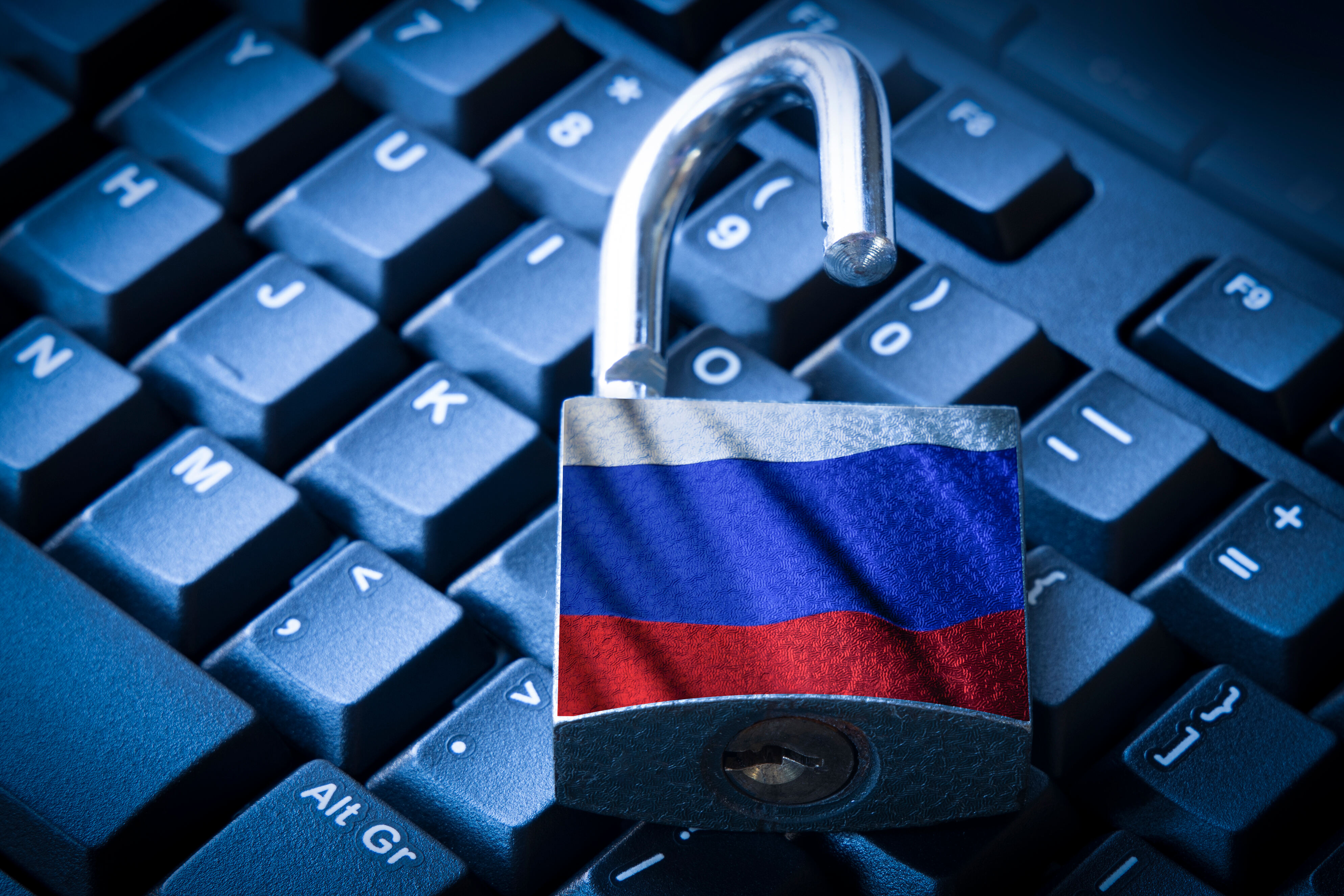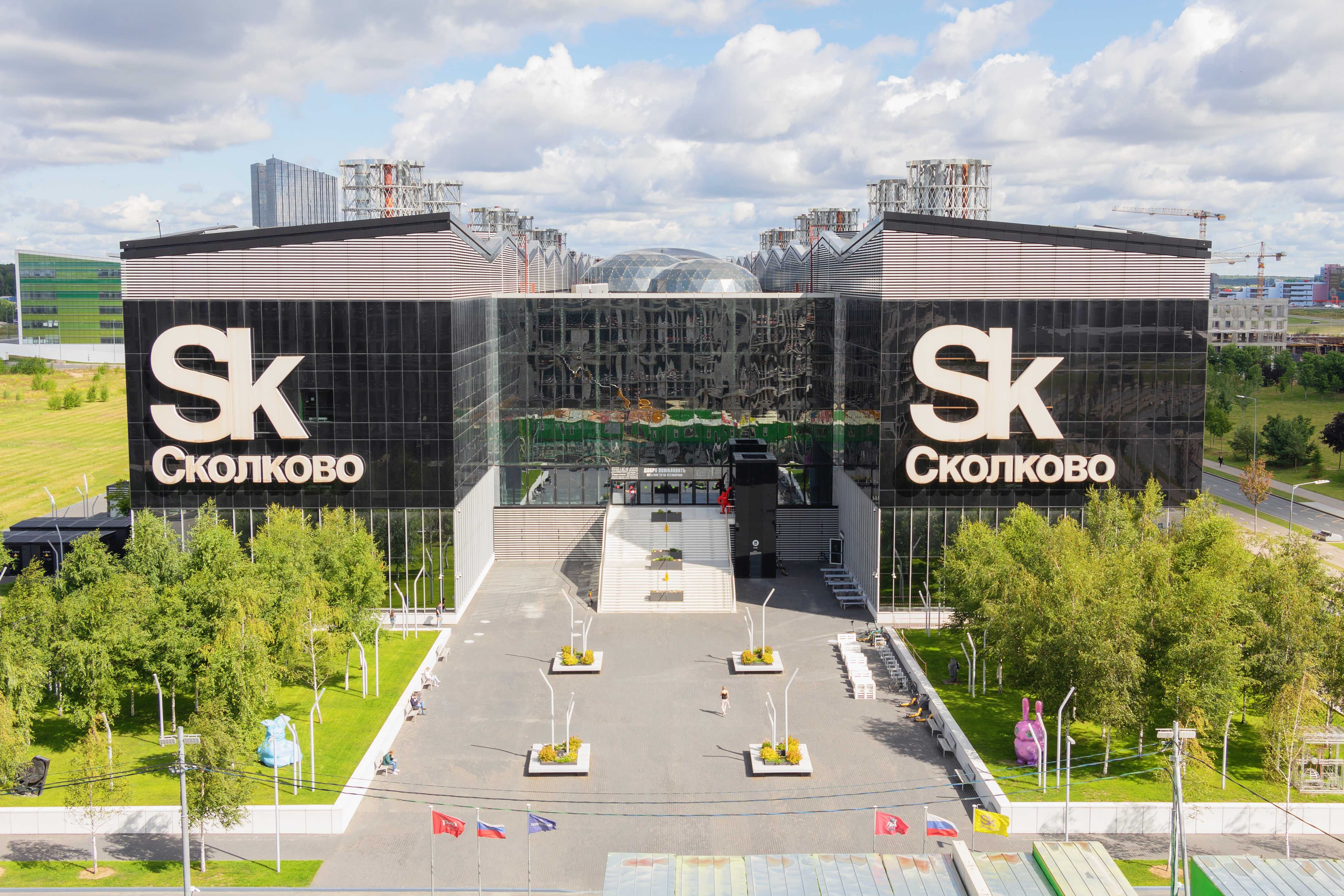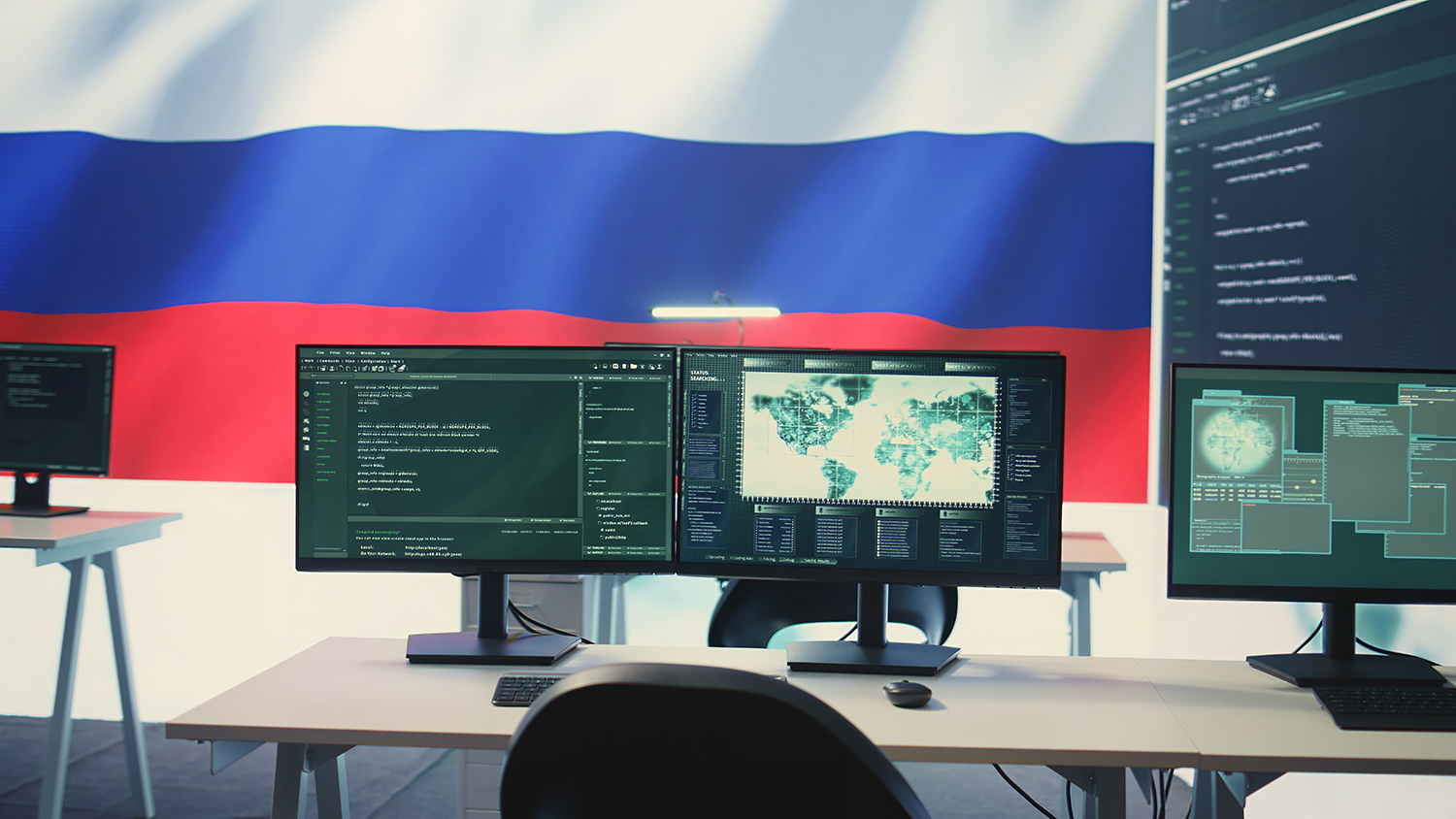Russian IT Solutions for Utilities and Energy: A New Export Vector to Asia and Africa

As urban infrastructure undergoes a global transformation, Russian IT companies are stepping up exports of digital solutions for utilities and energy sectors to Asia and Africa.
Key Export Segments
Countries across Asia and Africa are prioritizing digitalization of public utilities and resource management. Russian developers are seen as reliable partners thanks to the adaptability of their products, compliance with strict security standards, and competitive pricing.
One of the most significant areas is energy billing. SIGMA Group has developed a domestically produced platform that automates the entire billing process—from collecting meter readings to issuing invoices. The platform complies with cybersecurity standards for critical infrastructure and is already operational in several Russian regions, with expansion underway in Africa.
Another key area involves smart urban management systems. Russian companies offer integrated products for utilities, such as neural network-powered waste monitoring, already deployed in Moscow and St. Petersburg to prevent illegal dumping.
Cloud platforms like Cloud4Y and Selectel provide secure data storage in compliance with local privacy laws and international standards, including Russia’s Federal Law 152 and the EU's GDPR.

Use Cases and Advantages
In Burundi, Russian company MyOffice delivered $2.5 million worth of software licenses to create a secure government document management system. Training of local professionals in Russia enhanced trust in the product and built operational independence.
In the Republic of Congo and Ghana, cybersecurity provider StormWall protects Africell from DDoS attacks. Kaspersky Lab saw a 15% increase in enterprise sales in 2022. In Algeria and South Africa, Russian platforms are helping digitize public services, enabling online tax payments and energy management.
Russian IT solutions thrive in foreign markets due to their localization, cost-efficiency, and ability to comply with national regulations. For instance, Selectel meets Russian cybersecurity standards FSTEC K1 and UZ-1. Cloud services like Cloud4Y reduce infrastructure costs by up to 40% through IaaS and VDI models.
An essential part of the offering is knowledge transfer. In Burundi, officials underwent training in Russia, a step that helped cement long-term collaboration.

Shaping Digital Sovereignty in the Global South
Countries in Asia and Africa view cooperation with Russia as a path toward digital sovereignty. According to HSE University, implementation of modern IT solutions could add up to $318 billion to these regions’ GDPs by 2025.
Russia’s digital attaché program, already active in 35 countries including South Africa and the UAE, is streamlining the export of smart city solutions and expanding digital infrastructure globally.
Cloud service providers like Selectel and Cloud4Y are growing their partner networks across Africa, offering hybrid infrastructure for utility modernization. Bundled exports—including billing software (SIGMA), cybersecurity (StormWall), and office platforms (MyOffice)—are forming integrated ecosystems for government agencies.
Moreover, Russian technologies for waste and energy loss monitoring support global ESG trends. These tools not only enhance sustainability but also improve urban living standards.
Russia’s strategy of 'digital sovereignty export'—through tech transfer and workforce training—is helping modernize urban infrastructure across the Global South. By 2030, Russian software could command a 15–20% share of the critical infrastructure segment in these emerging markets.









